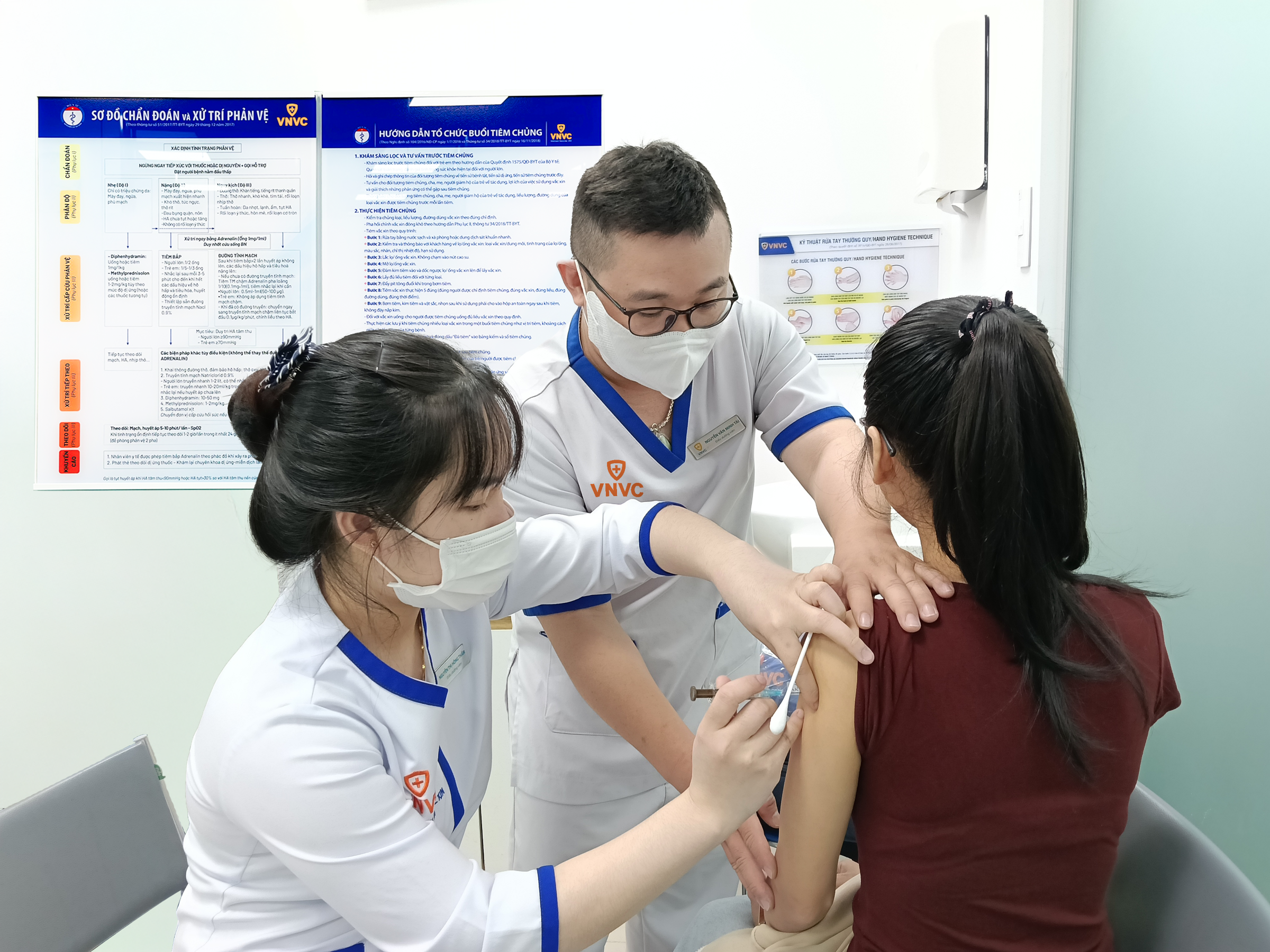Thu stated she discovered the condition about three months ago, with lesions appearing on her labia. Initially, these bumps were painless, causing only mild itching. The discomfort intensified as the lesions grew. After seeking medical attention, Thu received a diagnosis of genital warts, caused by human papillomavirus (HPV) type 6.
Prior to her diagnosis, Thu's boyfriend had been attentive and caring. However, upon learning about her genital warts, he abruptly withdrew and ended their relationship, despite their previous plans for marriage.
"I kept pondering, suspecting I might have contracted the infection during a recent bikini line hair removal. I used to believe that faithfulness alone protected against sexually transmitted diseases, which is why I hadn't been vaccinated against HPV," Thu explained.
 |
Genital warts can strain relationships. *Illustration: Vecteezy* |
In Vinh Long, Thanh An, 30, also found himself burdened by a genital warts diagnosis. An stated he was prepared for extensive treatment, but was devastated when his girlfriend interpreted his condition as "a sign of infidelity" and subsequently blocked all communication.
"I genuinely love my girlfriend, but she has lost her trust in me and wants to end our relationship. I'm at a loss for how to explain," Thanh An shared.
Doctor Nguyen Van Quang, Medical Manager at the VNVC Vaccination System, explained that genital warts are caused by human papillomavirus (HPV), primarily types 6 and 11. Many misunderstand the condition, often equating an HPV infection with infidelity or fearing widespread transmission.
In fact, HPV infection is widespread globally. Even among individuals with only one sexual partner, the average lifetime risk of HPV infection can reach 84,6% for females and 91,3% for males. Many carriers remain asymptomatic but can still transmit the virus. The incubation period for genital warts ranges from three weeks to eight months, with visible lesions typically emerging around two to three months.
 |
A young woman receives an HPV vaccine at the VNVC Vaccination System for proactive disease prevention. *Photo: Hoang Duong* |
According to Doctor Quang, beyond sexual contact, HPV can also transmit through direct skin-to-skin contact with an infected area or by sharing personal items contaminated with the virus, such as underwear, or urological and gynecological instruments that harbor pathogens. Furthermore, a small percentage of cases involve mother-to-child transmission during childbirth.
"Controlling the source of infection is challenging, making proactive prevention the most effective approach," Doctor Quang advised.
Vietnam currently offers two types of HPV vaccines. The Gardasil vaccine protects against 4 types (6, 11, 16, 18) and is administered to females aged 9-26. Females aged 9 to under 14 require two doses, 6-12 months apart, while those aged 14-26 receive three doses.
Gardasil 9, a newer generation vaccine, offers protection against 9 types (6, 11, 16, 18, 31, 33, 45, 52, and 58). It is recommended for both males and females aged 9-45, providing over 90% protective efficacy. The vaccination schedule for individuals aged 9-14 includes two doses, administered 6-12 months apart. Those aged 15-45 receive three doses within 6 months.
Doctor Quang emphasized that even individuals already infected with HPV should still get vaccinated to protect against other viral types. Additionally, maintaining a healthy lifestyle is crucial for a robust immune system. This includes: eating a varied diet rich in fruits and vegetables, staying hydrated, engaging in regular, moderate exercise, avoiding late nights and smoking, practicing safe sex by using condoms, and limiting sexual partners.
Hoang Yen












